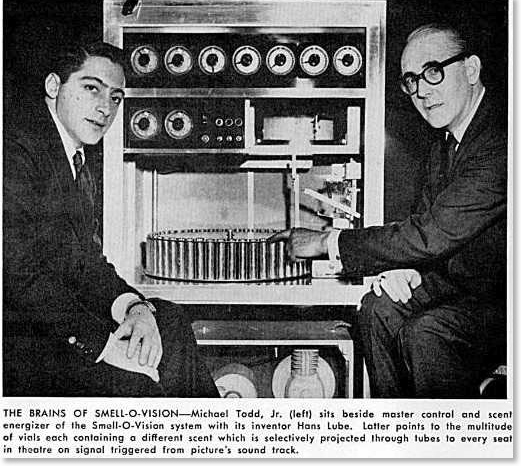Experience Experiments
Experience Experiments (the making of)
Curated by Eric Ellingsen & the Institut für Raumexperimente
“Experientia is rendered ‘experience’ and distinguished from ‘experimentum’ (experiment), though this distinction was not common in the period.”
– Note in Appendix to Simon Schaffer’s Latin translation of Thomas Hobbes’s Physical Dialogue (1661)
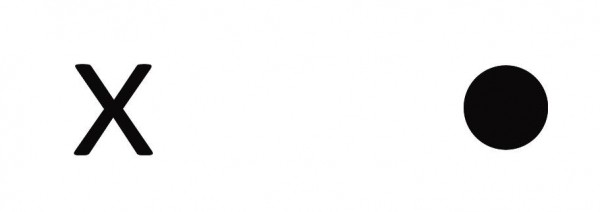
1) cover your left eye. (2) stare at the X. (3) move your head closer to the X until you see the spot disappear.
“The physicist George Darwin used to say that every once in a while one should do a completely crazy experiment, like blowing the trumpet to the tulips every morning for a month. Probably nothing would happen, but what if it did?”
– Ian Hacking, Representing and Intervening
“Experiments are elaborate filters set up in the space of phenomena.”
– Peter Galison, How Experiments End
“I do not know whether my way of approach is really the best and simplest. But, in short, it was mine. The ‘naïve physicist’ was myself. And I could not find any better or clearer way towards the goal than my own crooked one… A good method of developing ‘the naïve physicist’s ideas’ is to start from the odd, almost ludicrous, question…”
– Erwin Schrodinger, What is Life?
Experiments are always experienced. Something happens. Maybe a + b starts to equal brightness. Maybe 2 + 2 = cold. Ideas follow feelings. Things touch, including ideas and precepts. We are enmeshed with time and space. Our perception of the world ripples through our curiosity, snags on our intellect, and collects our attention in intrigue, wonder, and questions. Why did that something happen and not something else? How can we make it happen again, or not happen again, differently, or the same? How can these things inform the art I make, precisely, critically? We start to experiment. How? Experimentation is a process and that process is never neatly waltzed steps between making and thinking. How to proceed? When does it end?
Isaac Newton sticks a long shoe maker’s needle, a bodkin, behind his eye-ball to squeeze and bend his lens in order to literally see how we see colors. But he also believes in Absolutes (absolute Time and Space), and the alchemical alignment of seven colors. How does what he wants to see affect how he is looking and his ability to see what is happening?
Experience Experiments asks by acting our simple questions: what are experiments, how are they made, how they are experienced, and how might experimental methods be important in the making of art?
In order to host such questions, we will organize the semester around our senses: seeing, hearing, smelling, touching, tasting, moving. We will treat the body as a scientific instrument, as Goethe says. Each sense of the body will have a rotation of ‘lectures’, ‘conversations’, ‘presentations.’ We will meet once a week, usually, but not always, on Wednesdays from 11-13.30. The entire course will cut a wavy track through a history of nature, science, art, writing, and perception. Each session will be like a state which shares many permeable boarders with the classes around it and simultaneously with the content of the Institut für Raumexperimente. Criticality and perception will underpin the entire course.
We will make many table-top experiments and a book. This will be a week to week book of questions which we add to and edit as we go along. Please email or bring questions about the readings or discussions each week which we will add into the book as content.
***Researchers at Charite in Steglitz have invited participants in this class to volunteer to take part in fMRI, EEG, and behavioral experiments. Please see me if you would like to volunteer.
***GUESTS: we will occasionally have guests joining us from the Max Planck Institute in Berlin
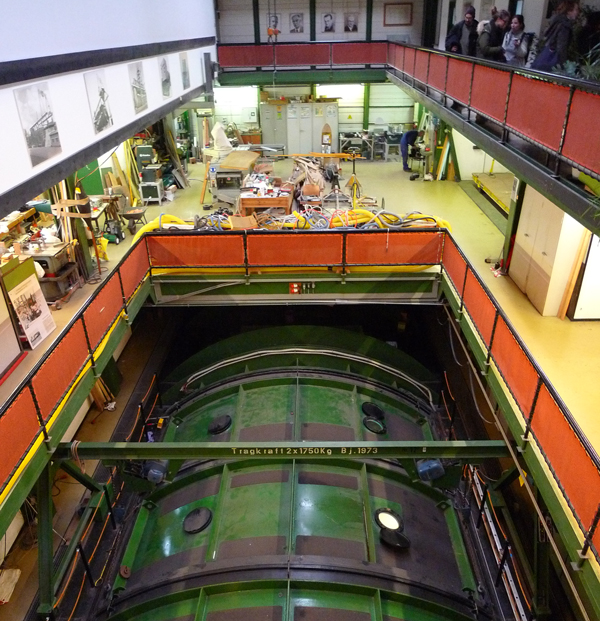
Models Are Real
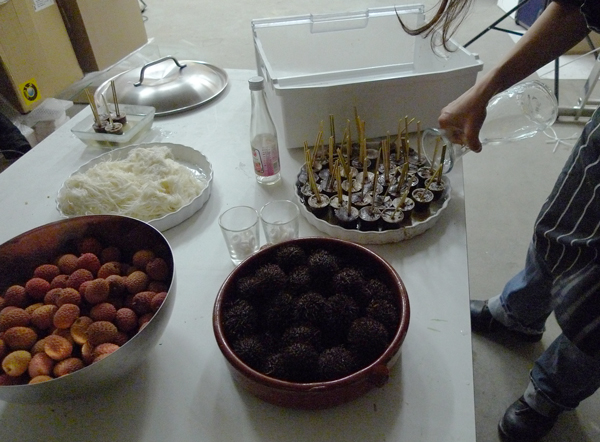
Tasting the Dark
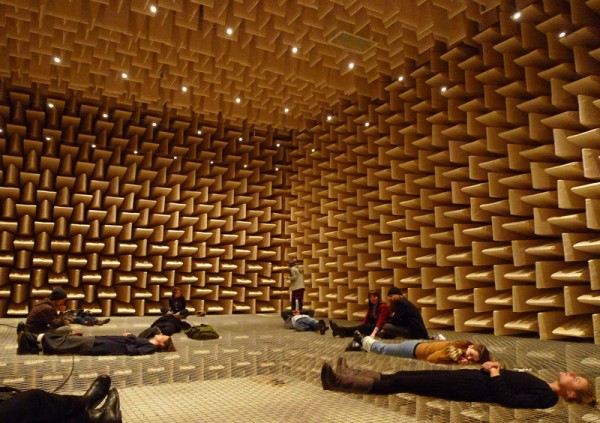
Hearing Things
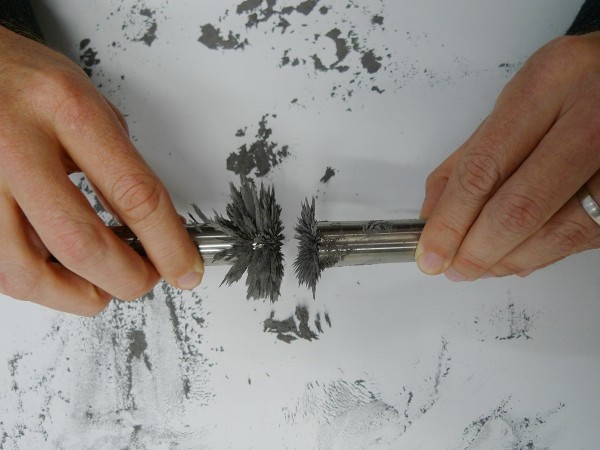
Making Experiments Experience

Intuition, Jumping Around, and Other Methods
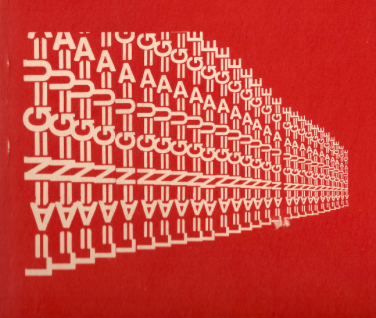
Poetry Experiments & The Artist’s Book
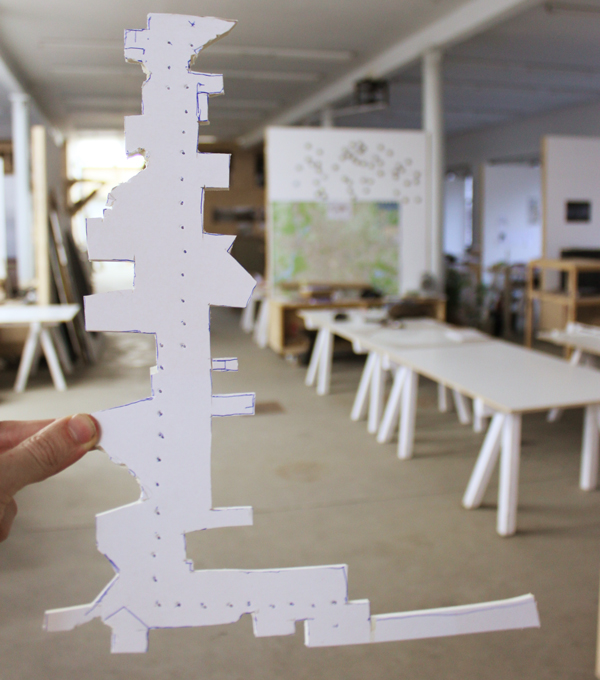
Feeling Your Way
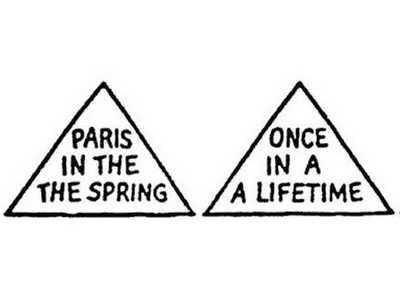
Your Sense of Timing
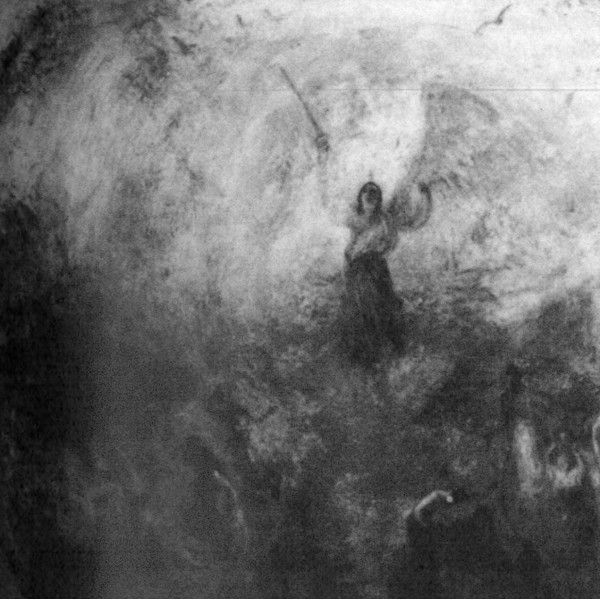
Seeing Things
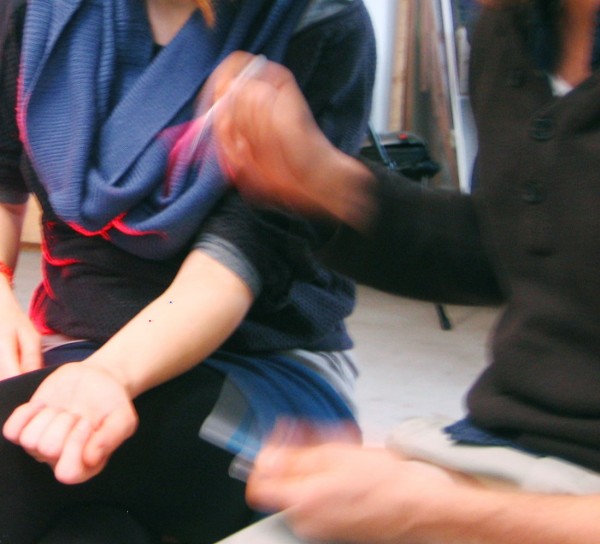
Feeling Emotional, How Touching

Seeing Things Double Again
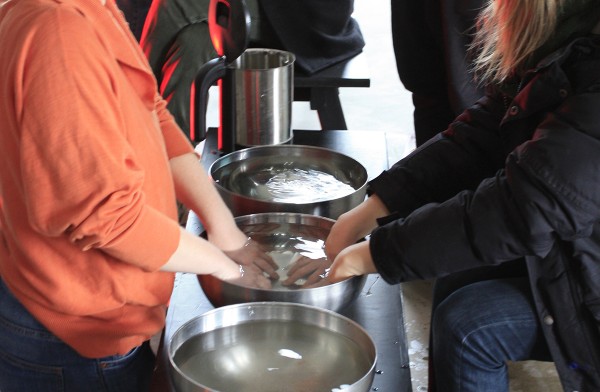
Sensible Movements
